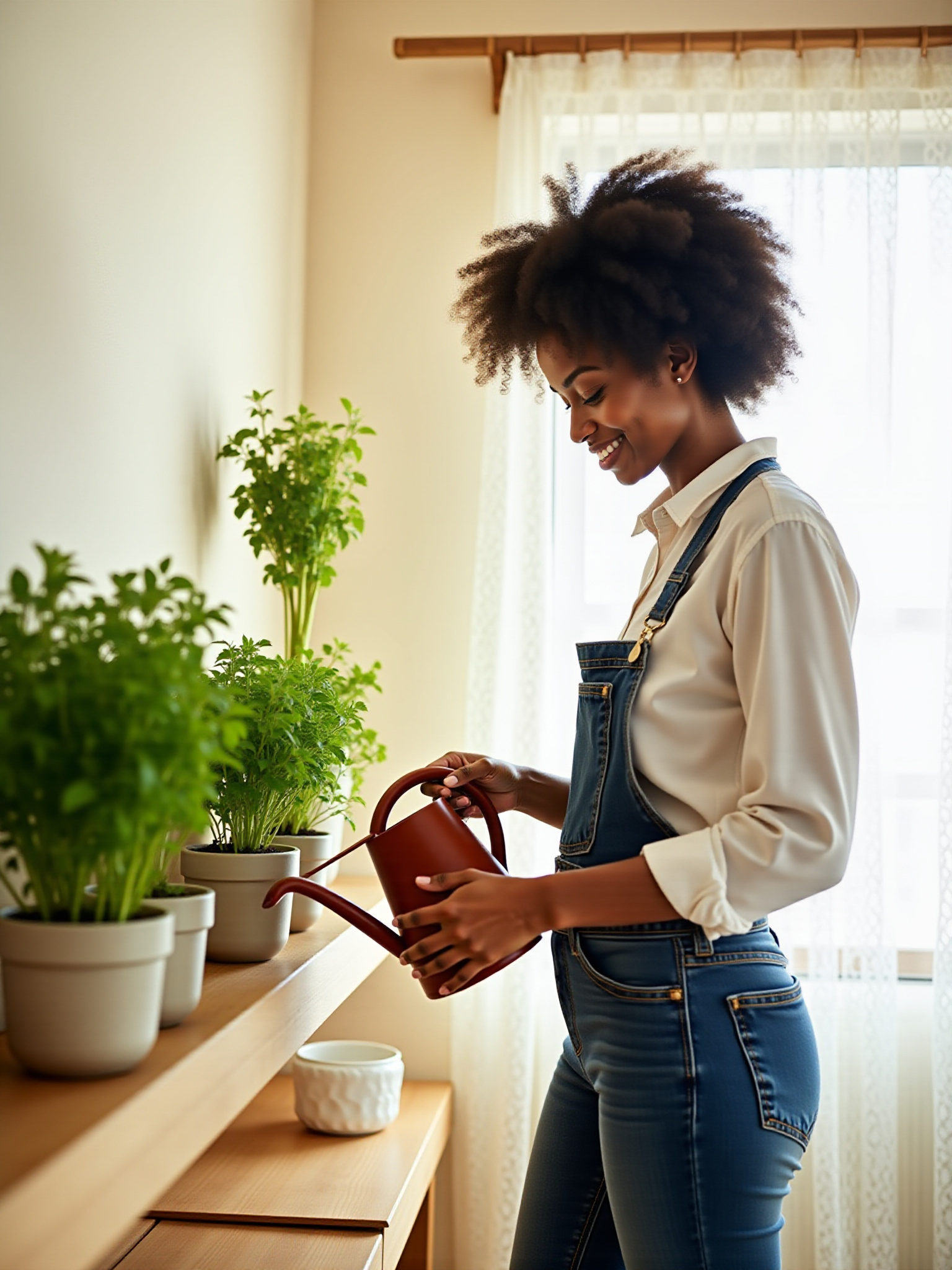Single-use plastics have become a significant environmental concern in recent years, with their negative impact on the environment becoming more evident. From water bottles to plastic bags, these items are designed for one-time use and then thrown away, leading to a build-up of plastic waste that is causing serious harm to our planet.
One of the primary issues with single-use plastics is their durability. While they are made to be convenient for consumers, their long lifespan means that they can linger in the environment for hundreds of years. As these plastics are not biodegradable, they break down into smaller microplastics that are often mistaken for food by marine animals. This can lead to digestive issues and even death for these creatures, disrupting entire ecosystems.
Additionally, the production of single-use plastics contributes to greenhouse gas emissions and the depletion of finite resources. This creates a vicious cycle of environmental degradation that is difficult to break. As such, it is crucial for individuals and businesses to adopt more sustainable practices to reduce their reliance on single-use plastics.
One way to combat the negative impact of single-use plastics on the environment is through eco-friendly gardening. This involves using sustainable gardening practices to create a healthy, thriving garden while minimizing harm to the environment. By incorporating eco-friendly gardening techniques, individuals can reduce their carbon footprint and help protect the planet for future generations.
One of the key ways to practice eco-friendly gardening is to eliminate the use of single-use plastics in the garden. This includes avoiding plastic pots, plant labels, and other disposable items that can contribute to plastic waste. Instead, gardeners can opt for biodegradable alternatives such as clay pots, wooden labels, and compostable plant markers. These items break down naturally over time, reducing the amount of plastic waste that ends up in landfills or oceans.
In addition to reducing plastic waste in the garden, eco-friendly gardening practices can also help to conserve water, promote biodiversity, and support pollinators. By using natural fertilizers, compost, and mulch, gardeners can nourish their plants without the need for harmful chemicals that can harm the environment. Creating a diverse and welcoming habitat for beneficial insects and birds can also help to control pests naturally, reducing the need for synthetic pesticides.
Overall, the impact of single-use plastics on the environment is a significant issue that requires urgent attention. By embracing eco-friendly gardening practices and reducing our reliance on single-use plastics, we can make a positive impact on the planet and create a more sustainable future for all.
For more information on eco-friendly gardening contact us anytime:
GreenHabit | Sustainable Home Solutions | Green Living at Home
https://www.greenhabit.co/
United States
GreenHabit | Sustainable Home Solutions | Green Living at Home
Ready to transform your life and habits for a healthier, more sustainable future? Stay tuned for the launch of GreenHabit.co – your ultimate guide to creating positive change for yourself and the planet. Get ready to go green and make a difference!


